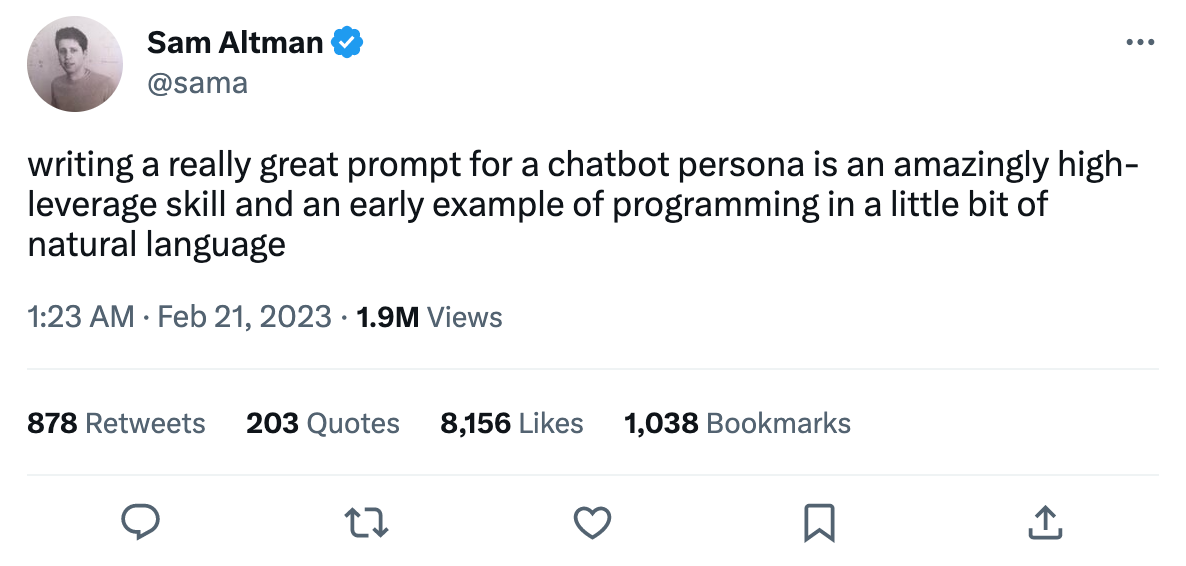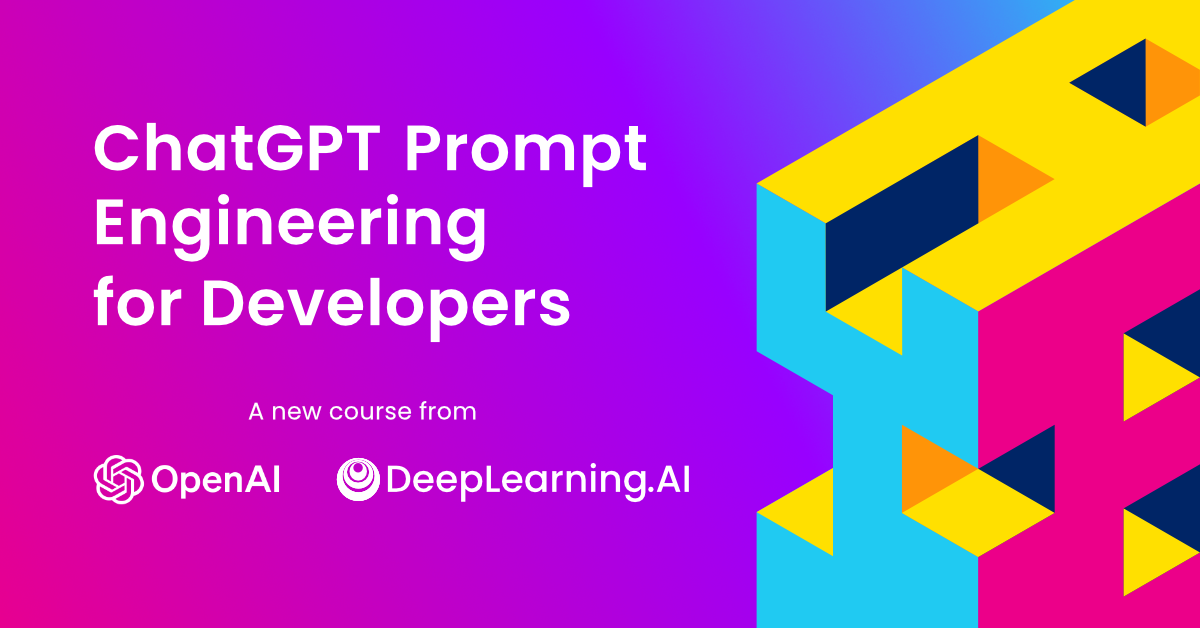How to Future-Proof Your Engineering Career as AI Takes Over

As an engineer, it’s essential to be aware of the latest technology trends and updates that may affect your career. The rapid growth of artificial intelligence (AI) is beginning to disrupt several industries, including engineering, leading to a growing concern among tech professionals about the threat to job security. However, with the right mindset and approach, you can turn this disruption into an opportunity and future-proof your engineering career. Below are some suggestions on how to do this.
Stay Updated with the Latest Developments
With AI, constantly evolving, it’s essential to keep up with the latest trends and developments in this technology. By updating your knowledge and skills, you can identify new opportunities that will keep you relevant in the long run. For example, you can learn how to work alongside AI or leverage its power to build new products and platforms. Developing a foundation in machine learning, cloud computing, or robotics are also in-demand skills that can enhance your engineering career.
Focus on Soft Skills
In the last decade, as Software Engineers jobs have become lucrative, anyone has been able to take a massive open online course (MOOC) to become an engineer and land an entry-level job in the field. As AI continues to advance, employers will value engineers who possess soft skills such as collaboration, communication, and adaptability. To be able to articulate complex technical concepts to non-technical stakeholders will become even more important and valuable. Additionally, the application of AI in engineering will require cross-functional teamwork with colleagues in different areas, including data science, analytics, and project management. As a seasoned engineer, I would recommended to focus on developing these skills alongside your technical expertise to stand out in today’s job market.
Continuous Learning
In my opinion, as digital advertising became the core of any marketing strategy in the advent of social media, large language model (LLM) prompts will become the core of any business in the advent of generative AI tools. We are already seeing companies hiring Prompt Engineers with lucrative pay.

Here's a short course you can take taught by two of the best in the industry:

Additionally, AI models can help identify areas where your work could be improved or automated. Use this feedback to identify areas where you can improve your skills or work more efficiently.
Build a Strong Professional Network
Networking is also an essential aspect of future-proofing your career as an engineer. Build your reputation as an expert in your field by attending industry conferences and meetups, participating in online forums, and connecting with peers and potential employers on social media platforms like LinkedIn. These networks can provide opportunities for collaboration and learning as well as enhancing your chances of hearing about new career opportunities.
Identify Emerging Opportunities
Lastly, as AI continues to transform different industries, you should be actively seeking emerging roles and opportunities where you can apply your skills. For example, you may find opportunities to apply AI to environmental protection, smart city initiatives, or other areas that will require the expertise of engineers. Taking on such roles will allow you to stay ahead of the disruption and have a significant impact on society.
As AI takes over, it’s clear that the future of engineering will be redefined. However, with the right mindset and approach, engineering professionals can future-proof their careers by staying updated with the latest developments, building essential soft skills, networking, continuous learning, and identifying emerging opportunities. By taking these steps, you can remain relevant in the face of disruption and turn challenges into opportunities as AI continues to transform engineering and other industries.

